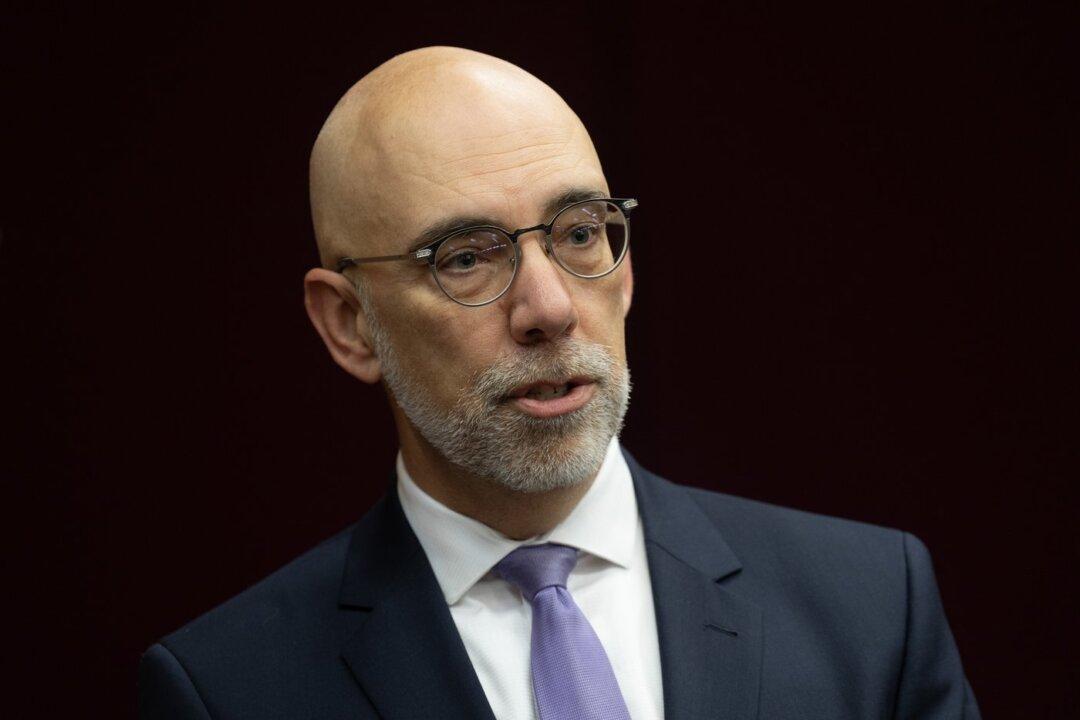Investment tax credits geared toward reaching net-zero emissions will make a larger dent in the budget than predicted by Ottawa, the Parliamentary Budget Officer (PBO) estimates.
In an analysis released on July 3, the federal budget watchdog projects the total fiscal costs for six investment tax credits will reach $103 billion from fiscal years 2022–2023 to 2034–2035.





